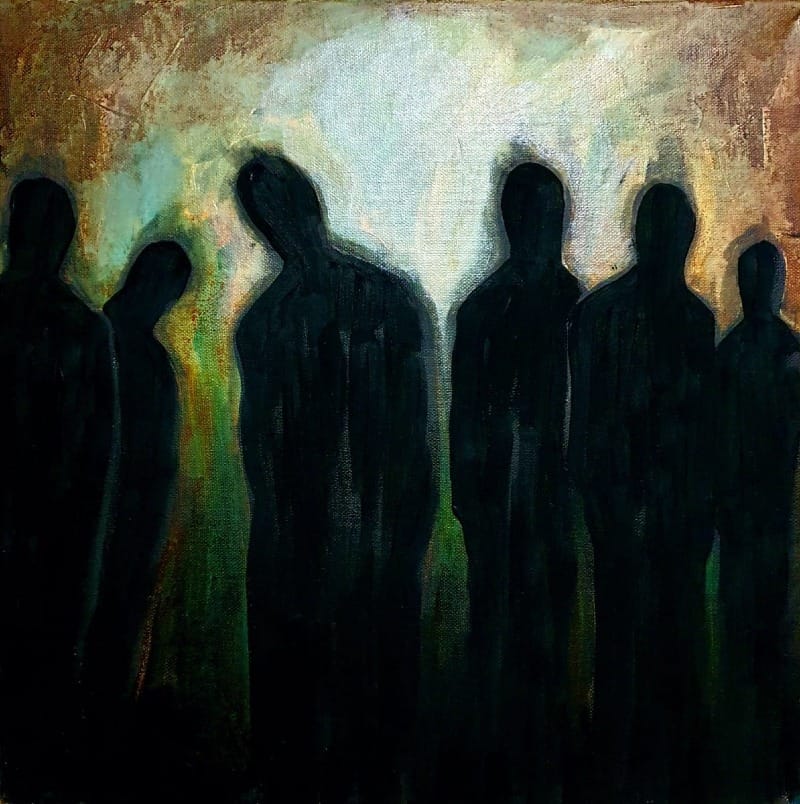A philosophical investigation into why the modern idea of family is a fragile illusion shaped by biology, ritual, and the deeper human condition.

PHILOSOPHY
UNVEILING DEPTH. CHALLENGING PERCEPTION.

A philosophical investigation into why the modern idea of family is a fragile illusion shaped by biology, ritual, and the deeper human condition.